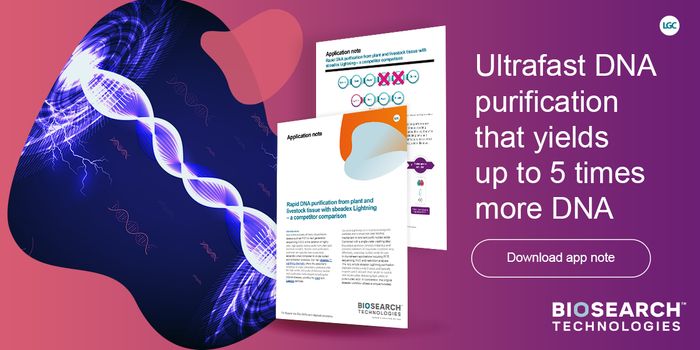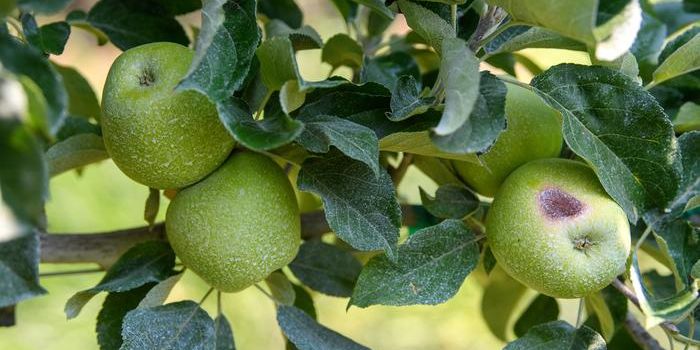Engineered Plants Produce Pheromones that Reduce the Need for Pesticides
An agricultural staple for enhancing crop growth? Pesticides.
Unfortunately, while these chemicals do help keep pests that would otherwise destroy crops away, they come with a significant limitation: their toxicity. Pesticides contain chemicals that are hazardous to the nearby soil and water, and even pose threats to humans. Finding more natural ways to keep pests away is more important than ever.
According to a team of researchers at the Earlham Institute and the Plant Molecular and Cell Biology Institute in Valencia, the ability to modify crops could lead to an effective way to reduce the need for toxic pesticides, offering both environmental and health benefits to the planet. The team’s research is described in a recent article published in Plant Biotechnology.
Specifically, researchers have engineered a species of tobacco plant, Nicotiana benthamiana to create moth sex pheromones. Previous work has proven the ability to modify the plants in other ways, such as engineering the plant to create ebola antibodies. The benefit of being able to create sex pheromones, though? It could help keep pests away from these vital plants without the need for pesticides or chemically produced pheromones.
Currently, farmers can use synthetic versions of pheromones that can trap male insects, essentially distracting them from finding a mate and reproducing. However, these synthetic versions of pheromones are created with a chemical process that has toxic results.
The approach is complex, but put simply, researchers were able to create “modules” that can be integrated into a plants DNA and provide the information a plant needs to create these pheromones. All the plants need are sun and water, which they get anyways.
The team also built in a way to more strictly regulate gene expression that leads to the production of these pheromones. Too much unregulated pheromone can use a lot of energy, which limits the resources available to the plant so that it can grow. The team was able to use copper sulfate to better regulate gene activity. Fortunately, copper sulfate is cheap, readily available, and frequently used in agricultural settings.
Sources: Eurekalert!; Plant Biotechnology








